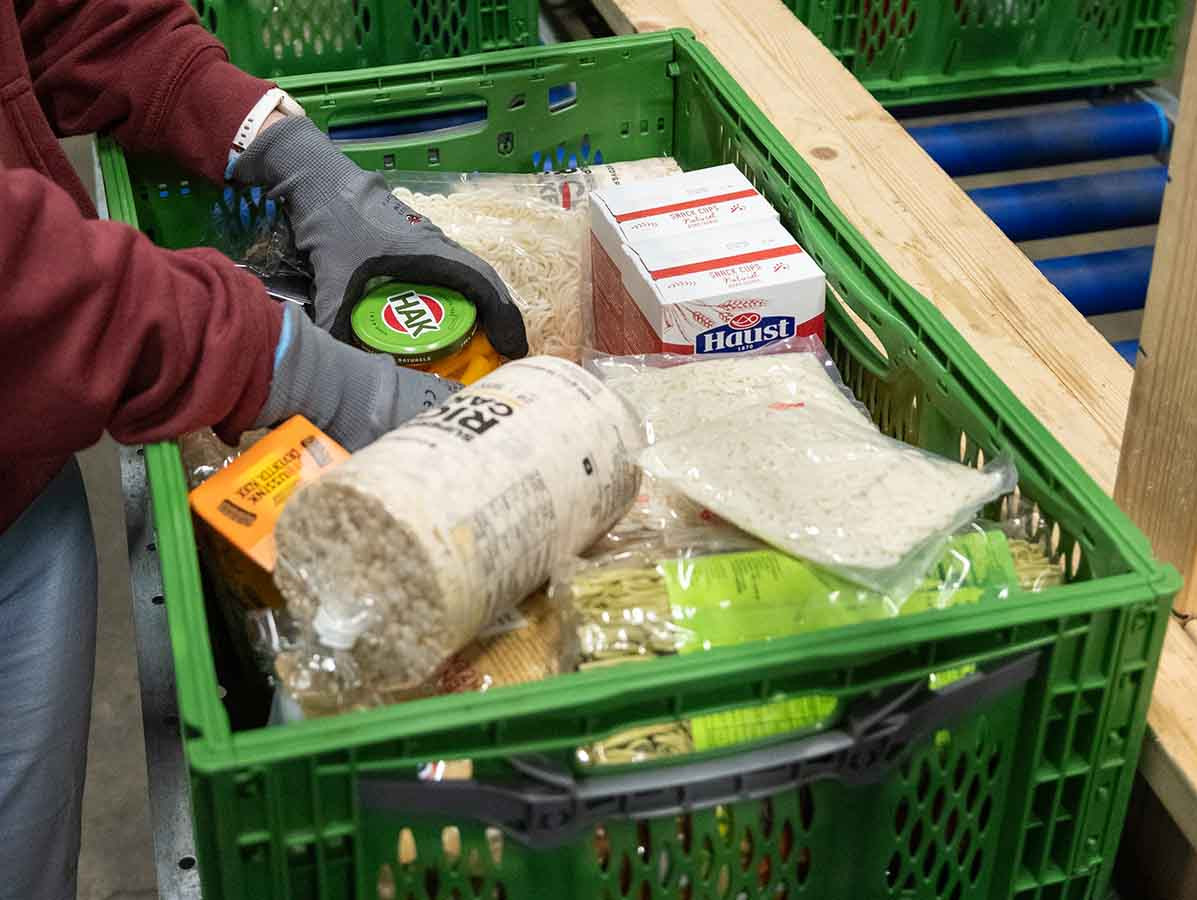
The successful initiative to tackle food waste by supermarkets and producers is yielding unintended consequences. Currently, Food Banks in the Netherlands are witnessing a worrisome decline of 20% in the supply of essential products, potentially resulting in an acute shortage for those reliant on food assistance this winter. This unforeseen challenge appears poised to intensify in the coming years, emphasizing the imperative for prompt action.
The Association of Dutch Food Banks expresses serious concerns about the diminishing flow of goods, primarily sourced from surplus inventories that manufacturers and supermarkets can no longer sell. While recent efforts to reduce food waste are viewed optimistically, this success unveils a downside. Supermarkets selling leftover food at a discount contribute to a shortage of nutritious provisions for Food Banks, exacerbating the struggle for livelihood security for many.
Food Banks in the Netherlands appeal to organizations to donate a percentage of their regular products to alleviate the shortage. Examples like HAK, which donates both surplus and regular products, illustrate a potential solution. CEO Nicole Freid underscores the significance of societal contributions and shares HAK's commitment to supporting food banks, especially during the winter months when the harvest season concludes.
Food Banks also call on citizens to provide financial support to local Food Banks. While financial donations offer a temporary solution, Paul van Berkel, Board Member of Food Acquisition, emphasizes that ongoing collaborations with food and supermarket organizations are crucial. Collective efforts can overcome the winter challenge and alleviate food scarcity in the Netherlands.
Source: Nederlandse Voedselbanken